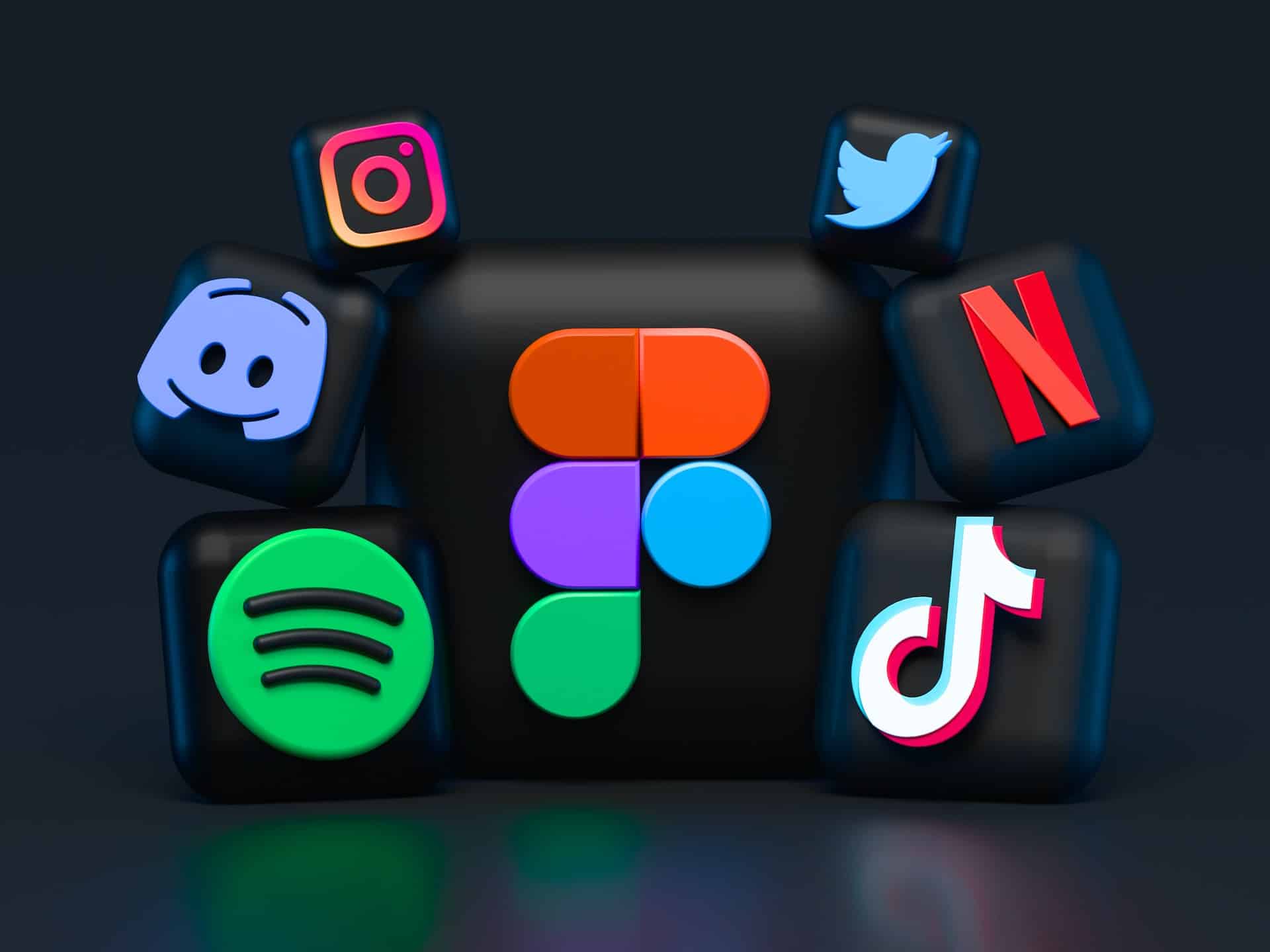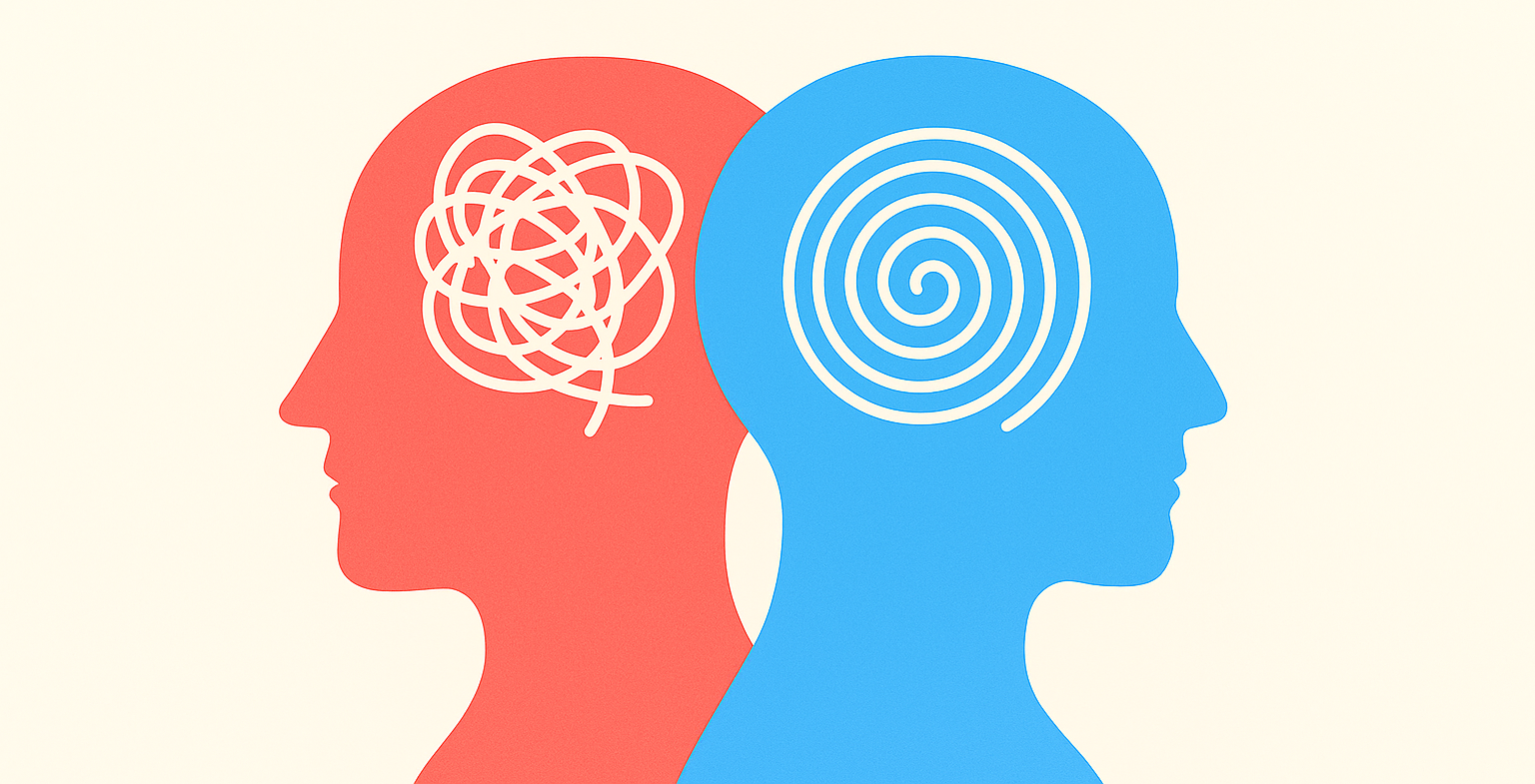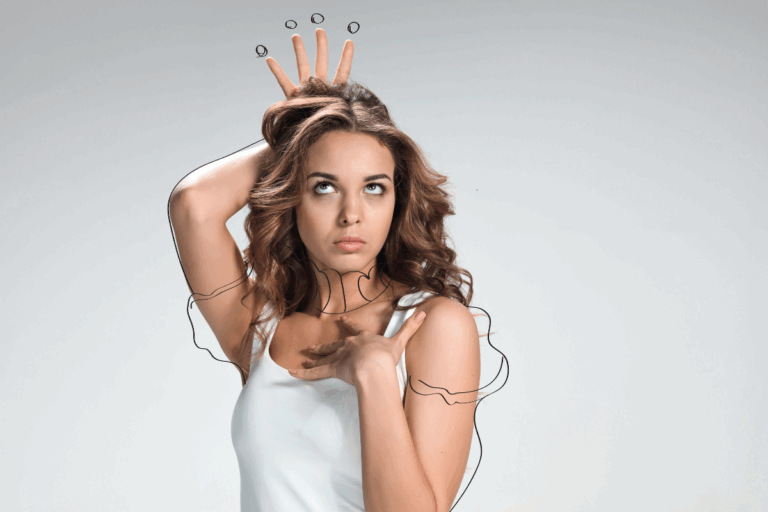
Studies indicate that there is a direct relationship between ADHD and the problematic use of social media. Despite the undeniable benefits of interconnectedness offered by these means of communication, social media is based on an immediate gratification system that is irresistible and even addictive for the ADHD brain. In this article, we will address the highlights that link ADHD to the problematic use of social media.
How does an ADHD brain experience social media?
An ADHD brain, especially one with the inattentive and impulsive subtypes, finds social media as a source of effortless gratification it wants.

The “Likes”, views, positive comments, and the number of followers obtained, are interpreted as social validation without worrying about having a real social interaction. With each post, the brain structures related to anxiety are activated. The user continuously reviews the activity around his publication and that anxiety is relieved by the notification tone announcing the reactions he has been waiting for, which translates into a pulse of dopamine in the brain.
Dopamine is one of the so-called “happiness hormones.” It is a neurotransmitter related to pleasure, attention, reward, and motivation, among others. In the ADHD brain, dopamine levels are often low and are the cause of inattention, forgetfulness, planning, and execution. This itself makes it difficult for people with ADHD to get dopamine through goal accomplishment, which creates a vicious cycle of dissatisfaction.
What happens with social media is that the ADHD brain discovers in them an inexhaustible source of dopamine that it might obtain almost effortlessly. You just have to post content or join a stream of scathing critics that generate reactions, then dopamine will be released and therefore you will experience a pleasure.
How does social media affect people with ADHD?

Social media can become a black hole that hijacks a person’s attention and identity. Falling into the game of being a trend or generating content to capture the attention of a certain audience can lead people, with or without ADHD, to distance themselves both from their own identity and from their own reality. Some of the ways that social media affects people with ADHD are:
- Addiction: In addition to the other functions of dopamine, this neurotransmitter is also linked to addiction. The brain learns that spending time on social media generates pleasure by activating the reward system, so its motivation will be to continue doing that activity over any other that is moderately demanding (work, study, time with family and friends) no matter what the cost is.
- Social isolation: The digital environment provides a false sense of security and social validation in which real interaction is not required. Social media discourages people with ADHD from seeking real contact with others. Becoming an authority on a topic or being a trend is very easy when no one knows who you are, what your flaws are, and what you struggle with on a daily basis.
- Greater comorbidity: Studies point to social media as triggers of high levels of anxiety and sometimes depression. In people with ADHD, social media aggravates comorbid anxiety disorders and intensify ADHD symptoms. In those without ADHD, social media can induce the appearance of ADHD symptoms.
- Deterioration in productivity: The infinite scrolling included in the most popular social media is a feature designed to kidnap users’ attention for as long as possible. In people with ADHD, for all the above mentioned, social media impacts productivity and therefore economic income.
How to solve problematic social media use

So far, we have talked about the effects of social media on an ADHD brain, but how do we solve the problematic use of social media?
The first step is to recognize that your social media usage pattern is problematic. When you have become aware of your relatives have pointed it out to you, you must decide whether to definitively cut them off or reduce their use to what is strictly necessary.
To reduce the time you spend on them, you can help yourself with apps that block access to social media from your smartphone, or set time limits on certain apps. It is a very effective gradual detoxification method that shows results in the short term.
If social media is your usual means of communication with friends and family, you can let them know that you will start to distance yourself and give them other contact options such as text messages or calls
If you have already tried it before without success, you can seek professional help in the process of solving the problematic use of social media.
Edited by:
Animo Sano Psychiatry is open for patients in North Carolina and Georgia. If you’d like to schedule an appointment, please contact us.
Other Blog Posts in
Animo Sano Psychiatry is open for patients in North Carolina, Georgia and Tennessee. If you’d like to schedule an appointment, please contact us.
Get Access to Behavioral Health Care
Let’s take your first step towards. Press the button to get started. We’ll be back to you as soon as possible.ecovery, together.




